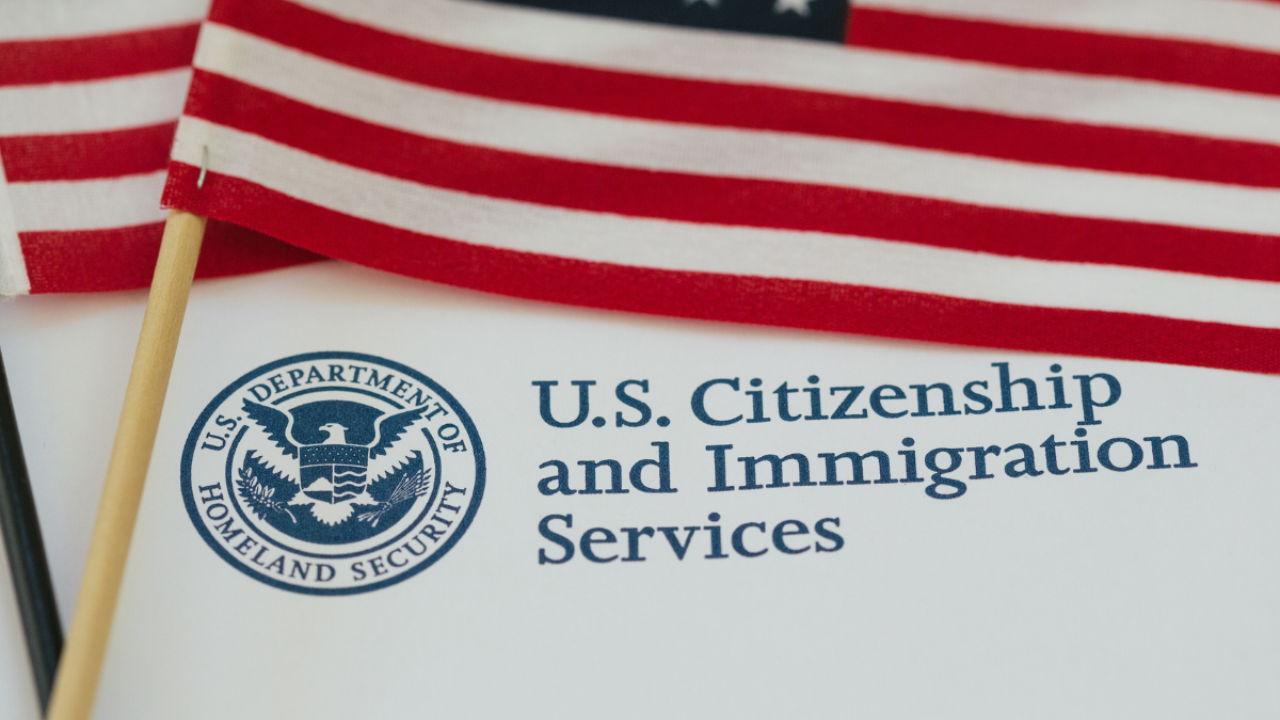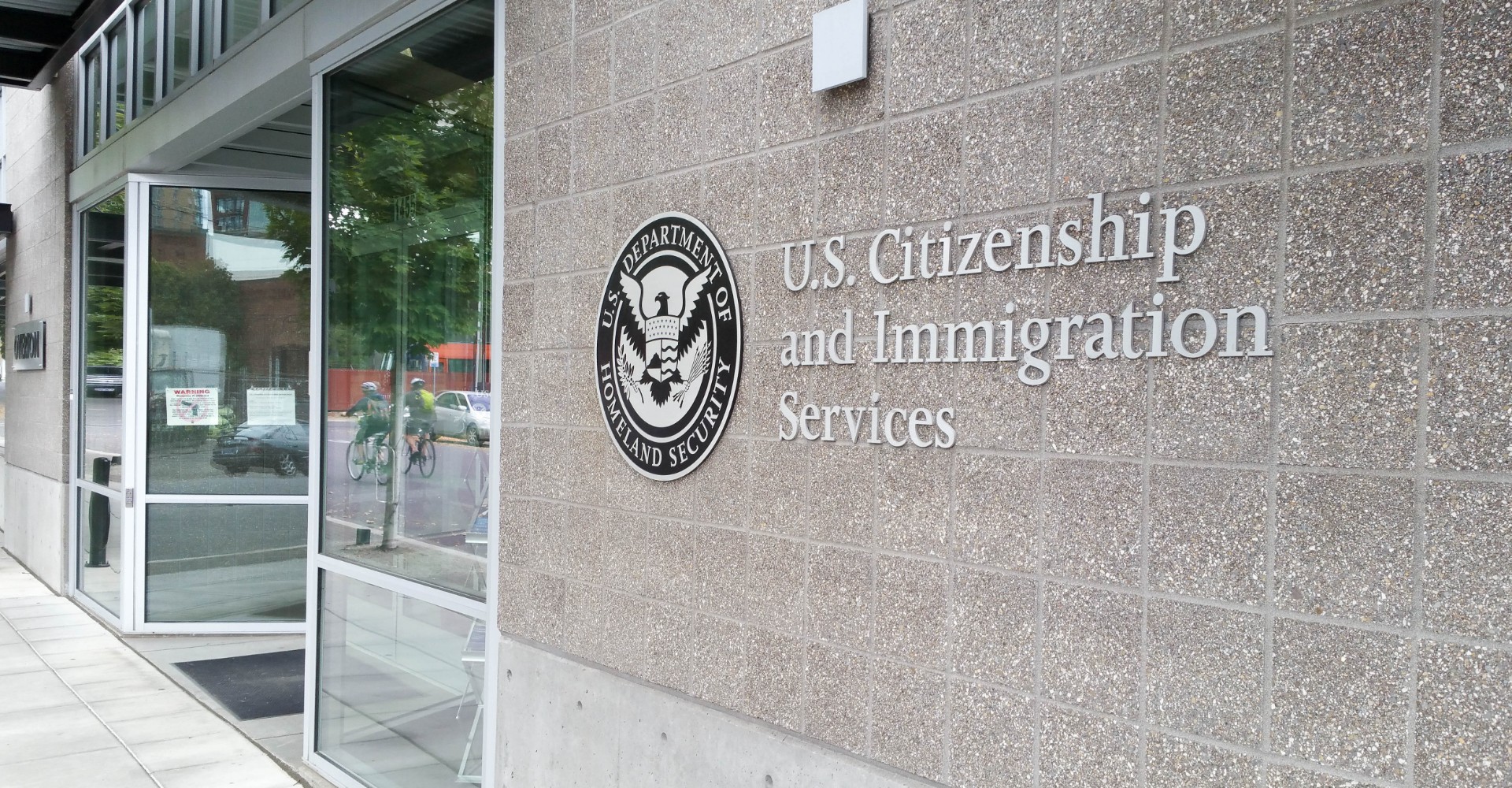In recent news, the United States Citizenship and Immigration Services (USCIS) has announced a policy update that offers hope and relief to individuals facing delays in their employment-based green card applications. This policy modification introduces expanded eligibility criteria for obtaining an Employment Authorization Document (EAD) based on compelling circumstances. In this article, we will delve into the details of this policy update, outlining the requirements, benefits, and potential implications for individuals navigating the green card process.
USCIS Policy Update: A Lifeline for Green Card Applicants
The recent policy update from USCIS aims to address the challenges faced by individuals with H-1B visas and those awaiting green cards based on work. Under this new policy, individuals experiencing significant delays in processing their green card applications due to visa backlogs may be eligible to obtain an EAD. The EAD is a temporary solution to maintain employment and nonimmigrant status during this challenging period.
Eligibility Requirements for EAD Based on Compelling Circumstances

Applicants must meet specific prerequisites to qualify for an EAD under the compelling circumstances provision. These requirements include:
- Legitimate Nonimmigrant Status: Applicants must have a legitimate nonimmigrant status, such as E-3, H-1B, H-1B1, O-1, or L-1.
- Accepted Form I-140: Individuals must have an accepted Form I-140, the “Immigrant Petition for Alien Workers.” This form demonstrates an employer’s intent to sponsor the applicant for permanent residency.
- Priority Date and Adjustment of Status: The priority date for an immigrant visa should not be current, and applicants should not have applied to adjustment of status.
- Clean Criminal History: Both the applicant and their dependents must have a clean criminal history to be considered for an EAD.
Examples of Compelling Circumstances

The revised advice from USCIS provides examples of compelling circumstances that may make an individual eligible for an EAD. These circumstances include:
- Serious Medical Condition: If an individual has a serious medical condition that requires relocation for treatment or interferes with their capacity to continue their prior employment, they may qualify for an EAD.
- Conflict with Employer: Individuals who find themselves at odds with their employers or facing adverse consequences due to the termination of employment may be eligible for an EAD.
- Financial Obligations: Factors such as having school-aged children or a mortgage can also be considered as compelling circumstances, potentially making an individual eligible for an EAD.
Benefits and Limitations of EAD for Compelling Circumstances
The EAD obtained under the compelling circumstances provision is a short-term solution to bridge the gap for individuals facing green card application delays. While this document provides temporary work authorization, it is not a permanent solution. The EAD for compelling circumstances can be extended annually, allowing individuals to explore alternative options, such as changing jobs or applying for a different type of visa. At the same time, they await the resolution of their green card application.
USCIS Monthly Announcements and Priority Dates

USCIS makes monthly announcements regarding submitting “adjustment of status” requests for applicants already citizens of the United States. These announcements specify whether applicants should rely on the “Final Action Dates” or the “Dates for Filing.” It is essential to understand the distinction between these dates based on the applicant’s employer- or family-based category.
- Final Action Dates: Employer-based applicants must refer to the “Final Action Dates” for July, which determine the priority of applications that may be decided upon.
- Dates for Filing: Family-based applicants should use the “Dates for Filing,” which indicate when applications can be submitted but not necessarily decided upon immediately.
Impact on F-2A Green Card Applications
The recent expansion of the backlog in F-2A green card cases has resulted in changes that demand attention. While the “Final Action Dates” for F-2A applications are no longer “current” for the first time in several years, the “Dates for Filing” remain accessible, allowing unmarried partners and minor children of U.S. green card holders to continue submitting their green card applications. However, it is important to note that these cases will only be decided upon when the priority date becomes current. As a result, the wait periods for green cards under the F-2A category are anticipated to increase significantly.

The USCIS policy update expanding eligibility for an Employment Authorization Document (EAD) based on compelling circumstances brings hope to individuals facing delays in their green card applications. By fulfilling the specified requirements, individuals with H-1B visas and those awaiting green cards based on work can obtain an EAD, offering temporary work authorization and relief during the application process. It is crucial to stay informed about USCIS monthly announcements and understand the impact on specific green card categories. By providing in-depth information on this policy update,
